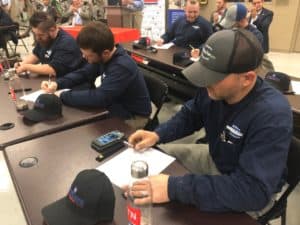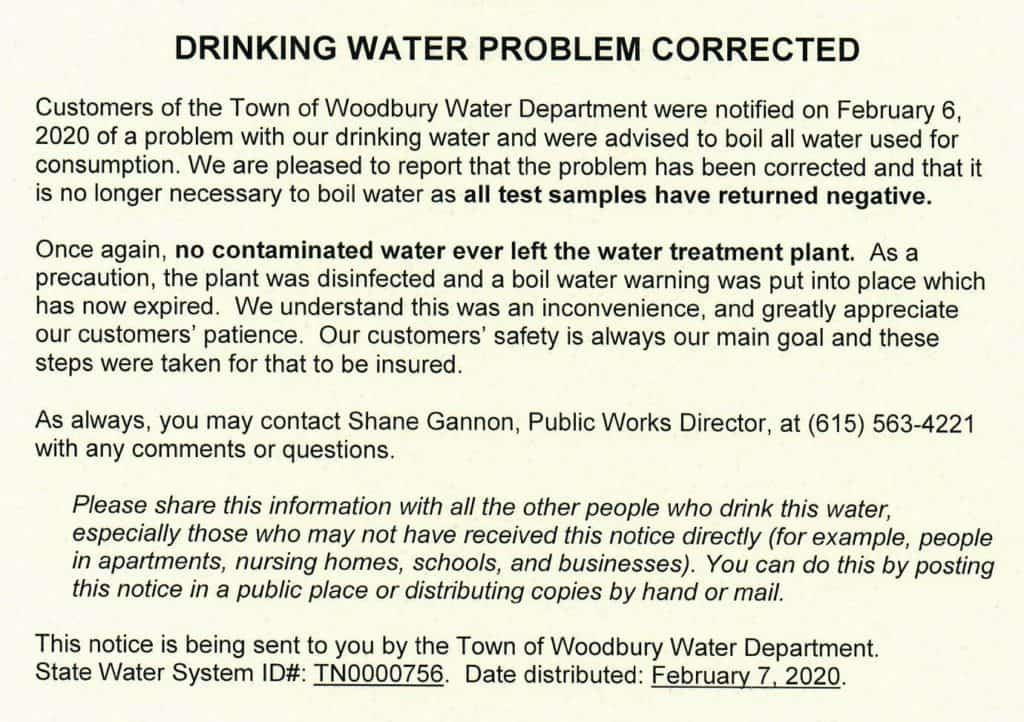Parents have a valuable opportunity to influence their children’s use of substances if they approach the conversation in early middle school grades, but these conversations are only happening for about half of Tennessee youth. That is one of the primary takeaways highlighted by the first-ever TN Together Student Survey.
The TN Together Student Survey asked students about their use of and related attitudes and behaviors surrounding prescription drugs, alcohol, marijuana, tobacco (including e-cigarettes), and other drugs. Approximately half of students surveyed said their parents had talked to them about tobacco and other drug use, but only about a third had discussed the dangers of prescription drug misuse. Across all substances, the average age of first use was 13 to 14 years old.
“We know that parents play a huge role in reducing youth substance use. The data from this survey shows that there are a lot of children making risky decisions without ever hearing from their parents,” said TDMHSAS Commissioner Marie Williams, LCSW. “While the conversation isn’t easy for parents or kids, the results can be life-changing.”
The TN Together Student Survey was administered to 21,766 students in grades 8, 10, and 12 across 28 Tennessee counties. The results were weighted to represent statewide populations in those grades.
Measures also included perceived risk and perceived parental and peer approval of substance use. While the majority of students responded that they regarded significant risk associated with smoking cigarettes or with misusing prescription drugs, fewer students perceived significant risk associated with using E-Cigarettes (JUUL and other devices). Additionally, students perceived lower parental and peer disapproval associated with using e-cigarettes than with most other substances. Correspondingly, more students reported using E-Cigarettes in the past 30 days than any other substance examined.
“We know vaping is prevalent among Tennessee teens and have serious concerns about the risk this poses to those who use e-cigarettes and vaping products,” said Tennessee Health Commissioner Lisa Piercey, MD, MBA, FAAP. “As a pediatrician and a mother, I want to remind our youth that there is no ‘safe’ form of smoking or vaping, and that use of any product that contains nicotine can lead to addiction and severe health consequences.”
“We believe the Tennessee Department of Education’s strategic plan, Best for All, aligns with the findings from this survey by focusing on the whole child and character education. We know how critical this work is for the well-being of our children, and look forward to collaborating with our fellow government agencies to address these needs,” said Tennessee Education Commissioner Penny Schwinn, Ph.D.
On questions that asked if students had ever used each substance, alcohol is the most frequently used substance among youth with 40% of students saying they have consumed it. Similarly, researchers asked students to report how easy it is for them to obtain various substances. Students answered that alcohol and tobacco products were the most accessible substances with around 2 in 3 saying they could easily obtain either. Approximately half of students said it was “very easy” or “fairly easy” for them to gain access to prescription drugs or marijuana.
Because the 2018-19 TN Together Student Survey is the first biannual survey of its kind, it is important to examine recent trends in youth substance use for context. Comparing Tennessee-specific results from the National Survey on Drug Use and Health (NSDUH) and national averages for the same time period, Tennessee youth misuse alcohol and marijuana at lower rates than national averages. Looking at state-specific statistics over time, Tennessee youth are misusing alcohol, tobacco, and pain relievers at lower rates than in 2011-2012.
The TN Together Student Survey was conducted in partnership with the state’s Substance Abuse Prevention Coalitions. TDMHSAS funds 46 coalitions covering about 75% of Tennessee residents. Learn more about preventing substance use in your home by reaching out to the coalition in your area: More info at this link.
If you or a loved one needs treatment for substance use disorder, help is available. Please call the TN REDLINE at 800-889-9789 for a free and confidential referral to addiction treatment services.






